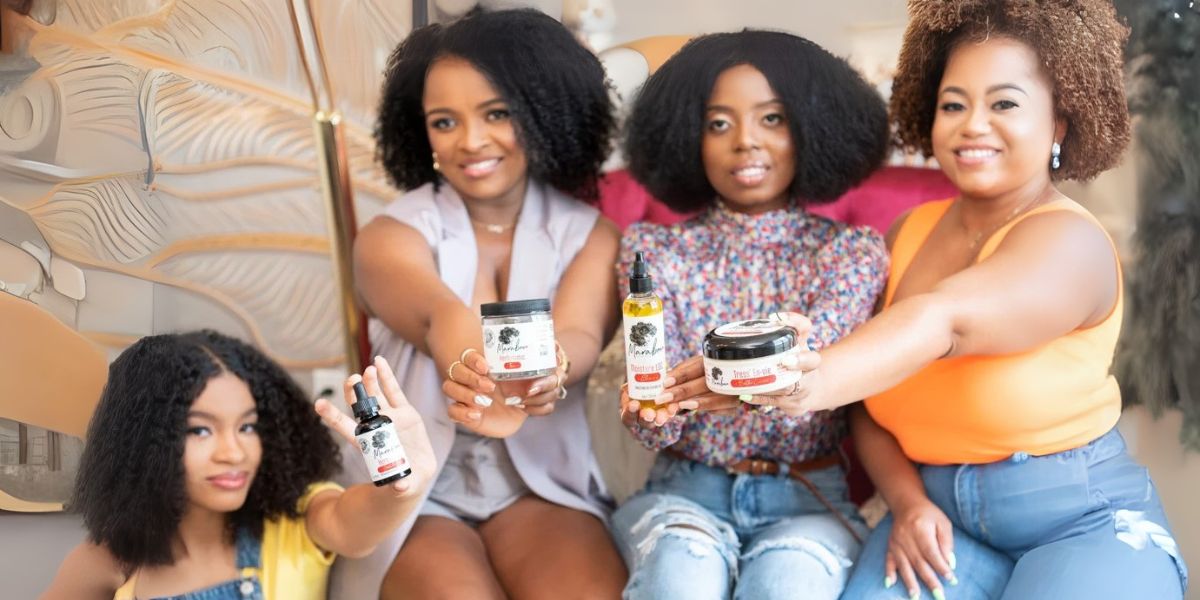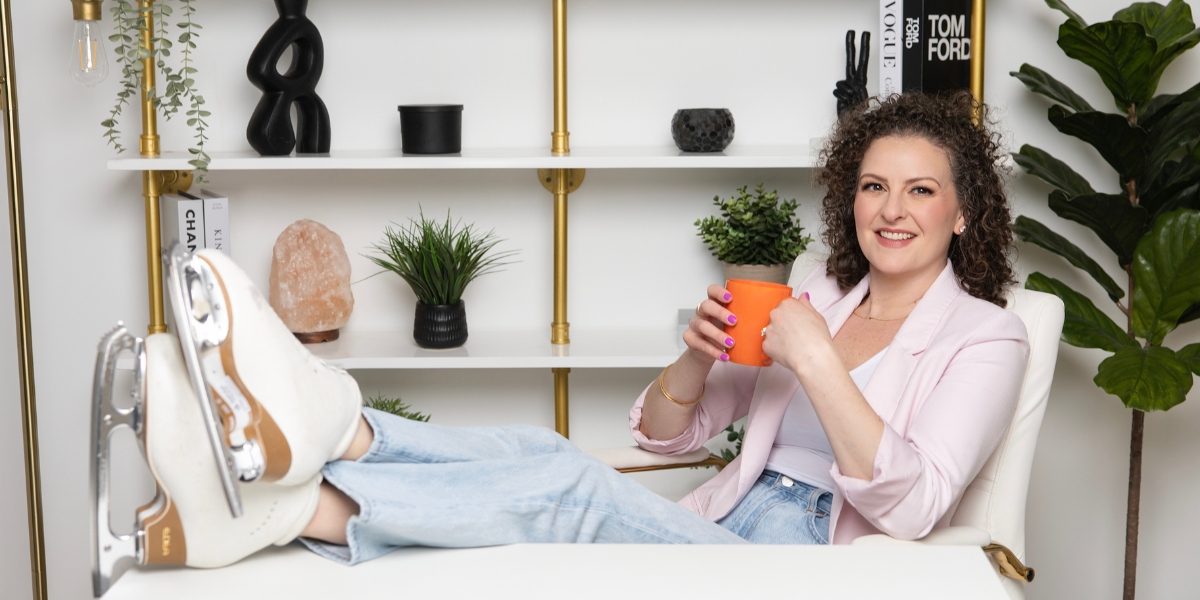By: Maha Khan
Syndie Prevost-Bérette’s journey from Registered Nurse to beauty founder is far more than a career pivot — it’s a purposeful evolution rooted in science, care, and a desire to serve her community in a thoughtful and impactful way. “My background as a Registered Nurse gave me a deep understanding of human biology, the importance of scalp health, and the body’s overall healing processes,” she explains. “I approached Maraboo formulations with a healthcare mindset, prioritizing nourishment at a cellular level to develop hair care solutions that aim to be restorative.”
In a market flooded with trendy ingredients and fast-moving product cycles, Syndie is carving a path defined by intention and evidence. While “science-backed” has become a marketing buzzword, at Maraboo, it’s a guiding principle. “We avoid following fleeting trends,” she says. “Each ingredient is supported by available clinical research, and each product is refined through testing and feedback to ensure it strives to serve our community.” That community, for Syndie, includes women whose textured hair has often been misunderstood, under-served, or relegated to styling products that may overlook deeper needs.
Her dual perspective—as both a medical professional and a Black woman—has uniquely equipped her to tackle issues often overlooked in mainstream beauty. “Scalp health is the foundation of hair vitality,” she emphasizes. “Issues like dryness, breakage, and sensitivity need to be approached with care and precision. Maraboo is designed to deeply nourish and strengthen textured hair from root to tip.”
Syndie founded Maraboo in response to what she saw as a persistent gap in the industry: a lack of products that prioritized not just appearance, but ongoing hair and scalp health. “Many brands focus on styling,” she notes. “But relatively few consider long-term wellness. Maraboo is about merging beauty with science, aesthetics with integrity.”
This commitment extends far beyond the formulation process. Syndie remains hands-on in every aspect of Maraboo’s research and development, from ingredient sourcing to prototype trials and community testing. “Every product must meet both clinical standards and the daily needs of our customers,” she says. “I’m involved at every step — because our community deserves that level of care.”
What makes Maraboo stand out even more is its holistic approach. The brand blends evidence-based science with plant-based ingredients chosen not only for their potential efficacy but also for their sensory and emotional benefits. “We’re not just selling hair products,” she explains. “We’re offering a healthier, more mindful approach to self-care. When you treat your scalp and hair with real respect and intention, it can become an act of healing — physically, emotionally, and culturally.”
As both a mother and entrepreneur, Syndie draws strength and inspiration from her own life. “Motherhood has deepened my commitment to authenticity and empowerment,” she reflects. “I want my children to understand that beauty starts with health, self-love, and confidence. That’s the message I hope every Maraboo customer feels.”
To other Black women in science, healthcare, or wellness who are thinking about entrepreneurship, Syndie offers encouraging advice. “Your expertise is powerful and necessary. Use it to uplift and serve your community. Lead with integrity and know that your voice matters.”
Maraboo isn’t a vanity project or a passing venture. It’s a mission — one built on knowledge, nurtured by lived experience, and propelled by a clear vision of what beauty can look like when it’s rooted in care. Syndie Prevost-Bérette isn’t looking to disrupt the industry overnight, but she is quietly and deliberately building a brand that could potentially change how we care for textured hair — and ourselves — for good.
Disclaimer: The information presented in this article reflects the experiences and perspectives of the individual featured. Any product benefits mentioned are based on personal use and not intended as medical advice or guarantees of specific results. Readers seeking advice about scalp or hair health should consult qualified healthcare or dermatology professionals.









